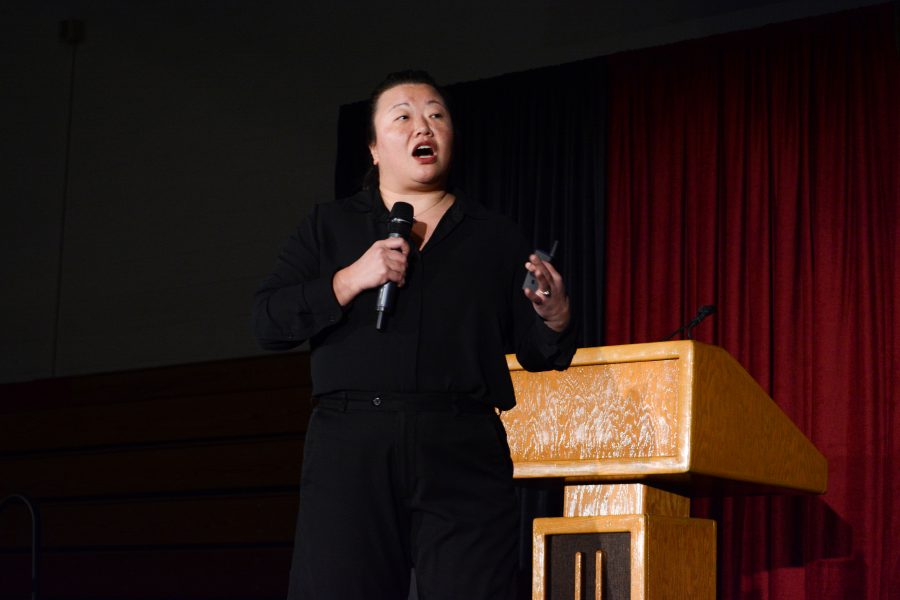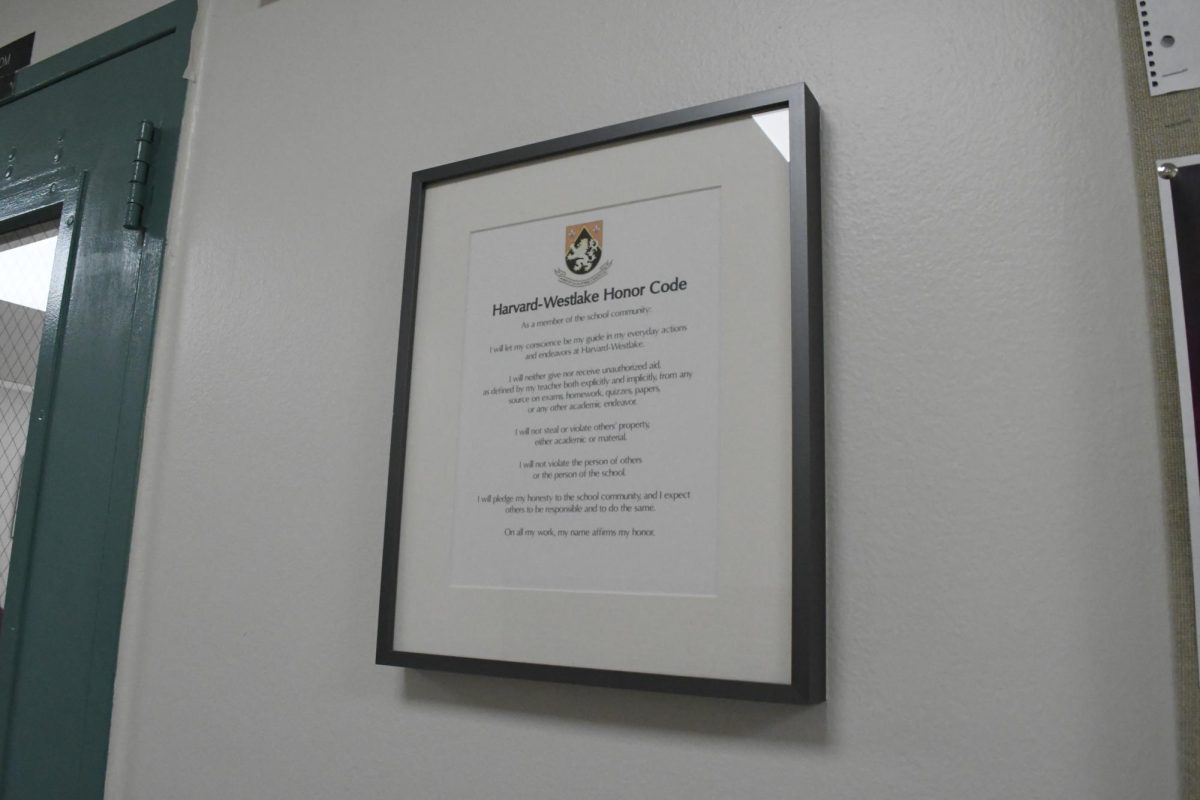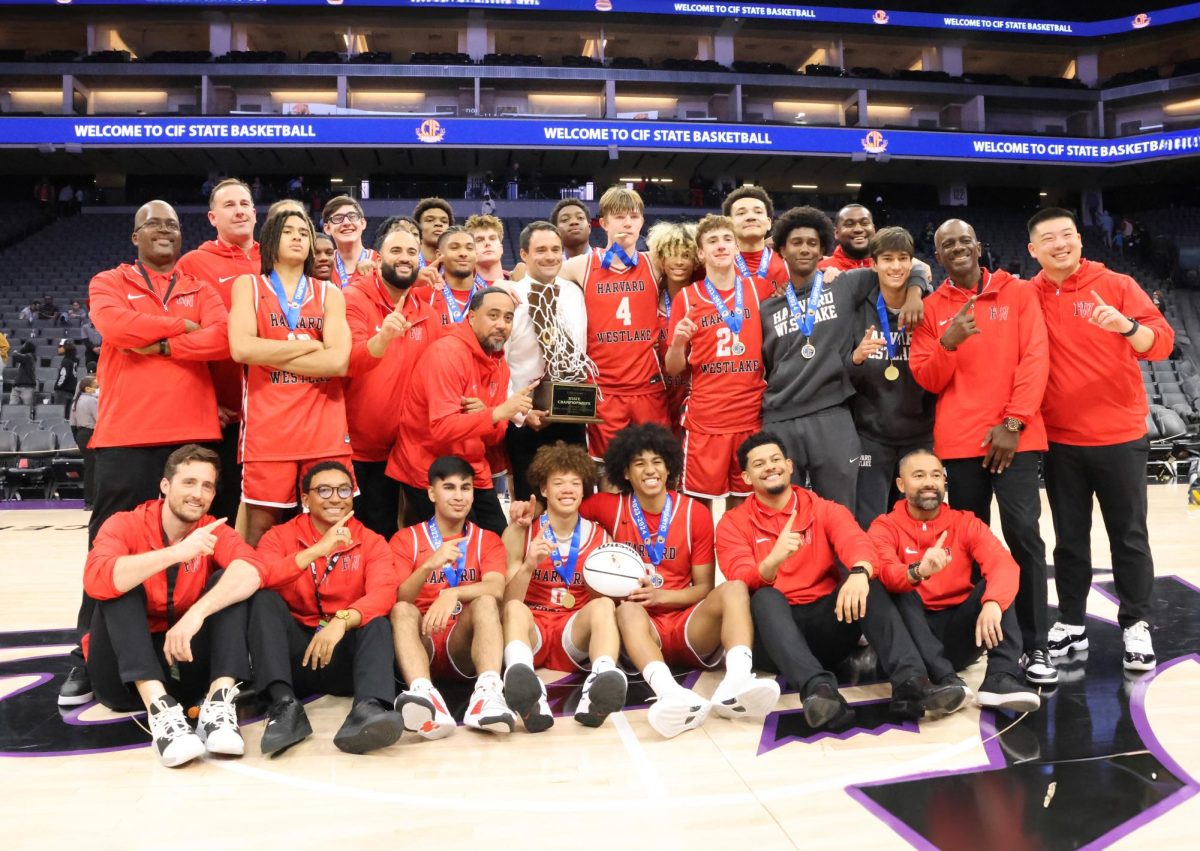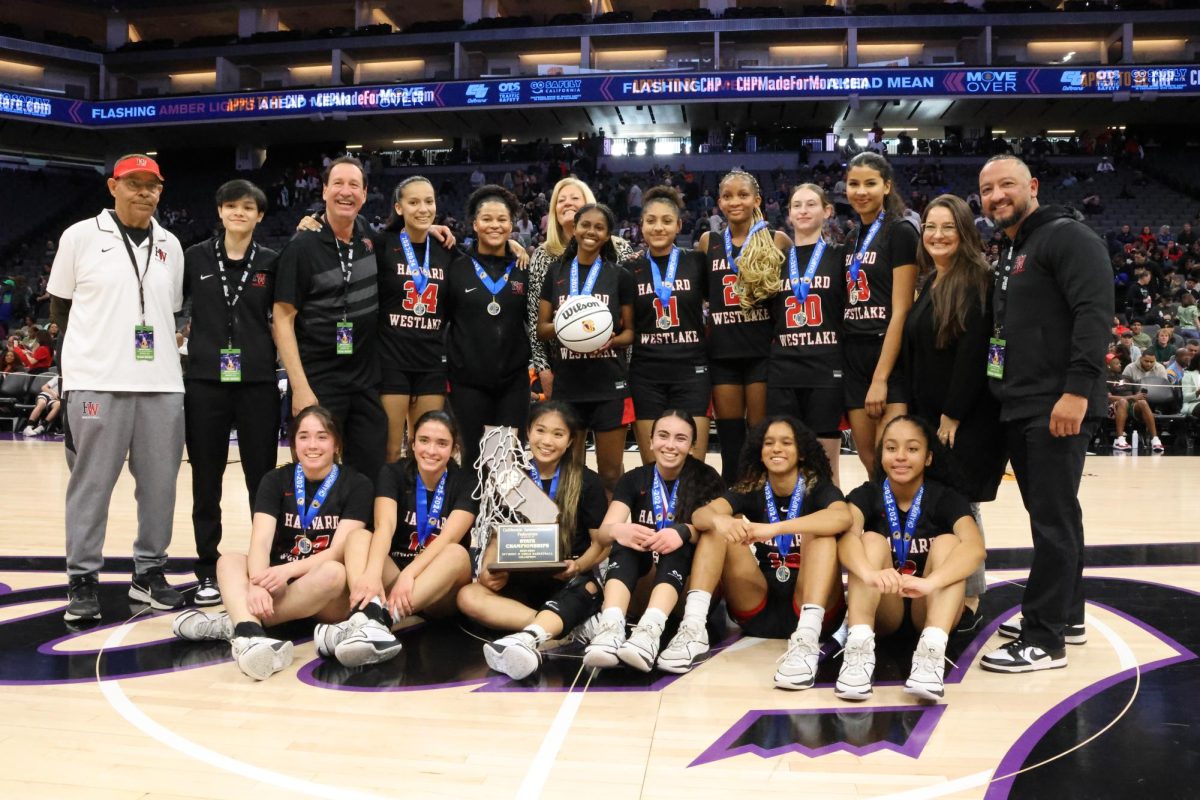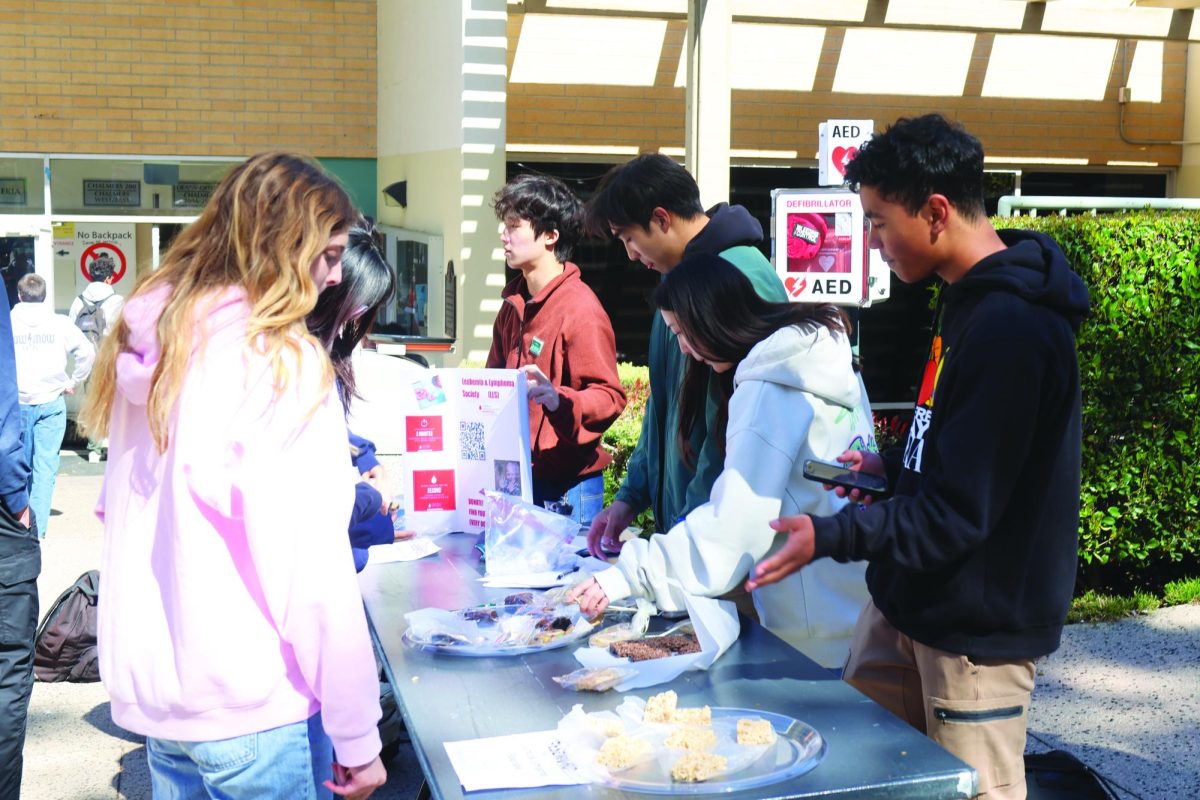In an effort to spark conversation about the impact of microaggressions, educator and diversity speaker Rosetta Lee spoke in an all-school assembly March 8. In addition to debunking myths regarding microaggressions, Lee provided different tools for students to utilize when confronting these situations.
Microaggression, or “accumulated impact,” is a term used for common phrases or behavior that connote hostility or prejudice toward particular groups. Though microaggressions are often verbal, their effect is damaging for individuals, Lee said.
“Physical pain and psychological pain register in the same areas of the brain,” Lee said. “I’ve seen an fMRI of someone who has been overtly socially rejected, and one of someone who has been punched in the face, and actually, those two fMRI’s look very similar. As people, we are so good at responding to physical impacting others whether we meant it or not, but we need to get better at registering psychological impact on others.”
Despite the psychological pain microaggressions can induce, most of them are often unintentional and a sign of unconscious incompetence, Lee said.
“If you listen to the intentions behind these comments questions, there’s actually nothing wrong,” Lee said. “People who ask these are curious and want to connect, but if the same subset of people [ask] over and over again, a different subtextual message gets across.”
Common microaggressions include subtle assumptions about race, gender, sexual orientation and socioeconomic status. When responding to microaggressions, individuals should follow the acronym A DEAR, Lee said. This process includes affirming the person, describing his or her action without judgment, explaining personal filters and feelings, assuming others’ positive intentions and requesting or suggesting change.
However, making and correcting personal mistakes regarding microaggressions are essential for improving oneself and reaching unconscious competence, Lee said.
“It is really important that even if it’s incremental, folks see that others are working to improve,” Lee said. “And to me, these skills, tools and practices are about authentic relationships. Having an authentic relationship does not mean never offending anyone ever, or holding hands and singing. It means that you’ll forgive the mistakes about me, and you’ll forgive the mistakes about me. Be connected, be committed to learning from one another and educating each other, giving each other grace and patience but also confidence. My relationships with people of different races, genders, sexual orientation and socioeconomic class always involve honest conversations. That when things happen, we talk about them instead of pushing them away.”
Students said they found Lee’s advice helpful and relevant to everyday life.
“[Lee’s] message was necessary for the school community to hear,” Sam Yeh ’20 said. “The way she explained microaggressions and their consequences was very clear and effective in conveying the message that we all need to be conscious of our words and how they affect others on a day-to-day basis.”




































